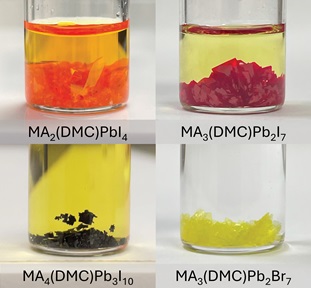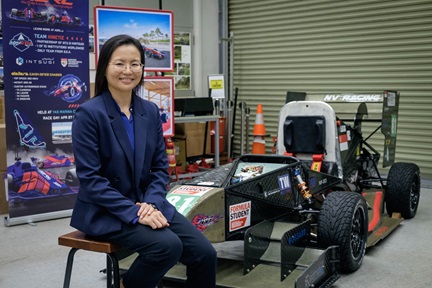Making virtual drug screening more efficient
Artificial intelligence accelerates the development of new drugs.

On average, it takes 10 years or longer for a new drug to be tested and approved. This long road of drug development is also littered with many failed drug candidates – an estimated 9 in 10 drugs fail during clinical trials.
Computational models capable of predicting the properties of a drug based on its molecular structure have expedited modern drug discovery and the time it takes for a drug to reach the market.
Joining the ranks of these models is an industry game-changing computer-aided drug design method developed by Assoc Prof Mu Yuguang of NTU’s School of Biological Sciences and his research team.
Using a type of machine learning called graph convolutional networks, the artificial intelligence-powered model can simultaneously predict several properties of a drug, such as absorption, distribution, metabolism, excretion and toxicity.
Compared to existing methods, the new model is 100 times faster at screening drug molecules with minimal computational costs. It can also be run on a personal computer.
“Our all-in-one method removes the need for multiple specialised models to predict how a drug will function in the body, which could make the drug discovery process more efficient,” says Assoc Prof Mu.
Read more about the innovation in “Application of variational graph encoders as an effective generalist algorithm in computer-aided drug design”, published in Nature Machine Intelligence(2023), DOI: 10.1038/s42256-023-00683-9.
The article appeared first in NTU's research & innovation magazine Pushing Frontiers (issue #23, March 2024).




.tmb-listing.jpg?Culture=en&sfvrsn=29c7e020_1)
.tmb-listing.jpg?Culture=en&sfvrsn=55153609_1)

